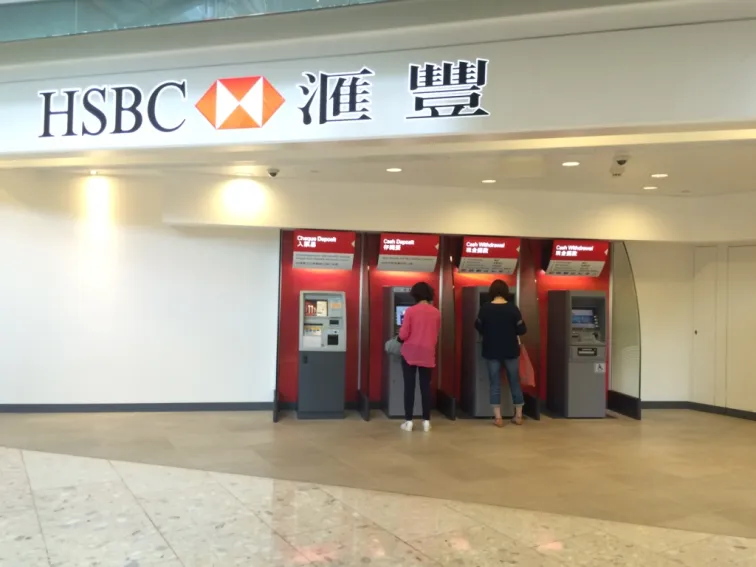
3 segments that are most at risk of higher delinquencies for Hong Kong banks
One segment accounts for 67% of all bank loans.
Hong Kong banks' asset quality will continue to deteriorate, no thanks to delinquencies that are seen to rise over the next 12-18 months amid a more challenging operating environment.
According to Moody's Investors Service, the system’s classified loan ratios increased to 0.78% at end-March 2016 from 0.46% at end-2014, and special mention loan ratios increased to 1.45% at end-March 2016 from 1.10% at end-2014. Special mention loans are loans that are less than 90 days overdue, and which face a high probability of turning into non-performing loans (NPLs), based on historical patterns.
The analyst identified the following segments as the most at risk of higher delinquencies:
Corporate loans: We expect a further deterioration in corporate earnings and corporate interest coverage levels (see section on Operating Environment). Such a situation will adversely affect the corporates’ debt-servicing abilities.
The more vulnerable industries will be the retail and hotel sector, due to falling tourist arrivals, and export oriented small- and medium-size enterprises, due to weak external demand. Corporate loans account for 67% of all bank loans in Hong Kong, or 17% of the system’s total assets.
Banks with large Mainland exposures: Hong Kong banks with large Mainland exposures will be subject to current asset cycle challenges facing Chinese banks, as we detailed in our latest outlook on China’s banking system.
Nevertheless, their offshore loans to Mainland entities should face less asset pressure, due to the more selective client profile— most constitute state-owned enterprises and large multinational companies—and because a significant part of such lending is backed by letters of credit or guarantees.
In contrast, Hong Kong banks could see worse performance on their onshore exposures, in particular those exposures in manufacturing, wholesale and retail sectors which have been impacted by China's economic slowdown.
Household loans: The biggest risk in terms of household loans relates to uncollateralized borrowers, because such borrowers will face the sharpest rise in borrowing costs and terms as monetary conditions tighten, or as labor market conditions deteriorate.
Mortgages, which account for more than two thirds of the banks’ lending to households, do not represent a central risk in our baseline scenario, because the banks have been very conservative in their underwriting as a result of the multiple round of macroprudential measures that the Hong Kong Monetary Authority implemented in recent years. As a result, the loan-to-value (LTV) of new mortgages has averaged around 50%, while the reported mortgage delinquency ratio was at a low 0.04% at end-March 2016.
This situation will change if property prices fall sharply. Banks generally have strong loan-loss buffers thanks to the low LTV on their mortgages. However, they could be exposed to higher delinquencies and foreclosures, especially on loans where the borrowers have added to their overall leverage by re-mortgaging their properties or taking out second lien mortgages.
Nonetheless, bank lending to finance companies, the key providers of these additional credits, accounts for a very small portion of total bank loans.






![Lorem Ipsum [ABF 1]](https://cmg-qa.s3.ap-southeast-1.amazonaws.com/s3fs-public/styles/exclusive_featured_article/public/2025-03/a_hand_pointing_to_a_futuristic_technology_5b87c9d0e3_1.png.webp?itok=2w0y1WhS)


![Cross Domain [Manu + SBR + ABF + ABR + FMCG + HBR + ]](https://cmg-qa.s3.ap-southeast-1.amazonaws.com/s3fs-public/styles/exclusive_featured_article/public/2025-01/earth-3537401_1920_4.jpg.webp?itok=WaRpTJwE)







 Advertise
Advertise

